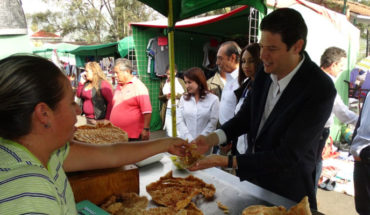Faced with the last episodes in the country, Ong Mente Sana developed a guide to tips to deal with what happened in the best possible way. And, “conflicts as an extreme situation leave subjects who are facing it facing an intense emotional impact that requires them to experience an adaptation response that can be lived as excessive for their abilities,” says Francisco Flores, a psychologist and director of Healthy Mind.
To avoid them, the specialist advises: “Regarding children and in the general population, containment is necessary. This means being able to talk to them and explain the situation. Do not omit or deny it. This allows them to process their emotions that cannot be understood and overtake them. Words allow them to make them and give them a significance.”
Likewise, speaking and communicating what happened, putting words to emotions and, where possible, relating to others so as not to see them as pure threat, are advisable actions to follow.
Francisco Flores argues that as the social evidence shows, rather than Mental Health Crisis, “Chile suffers from a social malaise that has been clearly expressed. Despite attempts to pathologize it or even medicate it.”
In this sense, exhaustion, overfitting, is not a private disorder, but the responsive ness of the body to demands beyond its possibilities. The risk is to turn discomfort into a pathology.
“Contrary to popular, it is the absence of ideology, of normative ideals, that makes violence as an object of private enjoy, without social ties,” he says.
So an alternative approach to the biomedical model is needed to promote mental health: “Inequality is a key obstacle to mental health. Reducing inequalities is a precondition for promoting inequalities,” he emphasizes.
translated from Spanish: How to emotionally deal with moments of crisis and conflict
October 21, 2019 |





